 A California federal judge has rejected a proposed $31.5 million sugar content class action settlement struck between Kellogg’s and consumers, that would have ended claims that the company falsely advertised some of its products as healthy despite their high sugar content.
A California federal judge has rejected a proposed $31.5 million sugar content class action settlement struck between Kellogg’s and consumers, that would have ended claims that the company falsely advertised some of its products as healthy despite their high sugar content.
According to the judge, the settlement possessed several legal issues, including that the proposed Class of consumers covered in the settlement was too broad.
The denial was made by U.S. District Judge Lucy H. Koh, who stated that she previously instructed both Kellogg’s and the plaintiffs to narrow the proposed Class of consumers, but found that the two parties had failed to do so.
The settlement proposed to create a Class of consumers who purchased some Kellogg’s products since 2012. However, Judge Koh says this Class is not appropriate because some of the labels that the customers claimed were misleading were not present on all of the products during the Class period, indicating that not all of the consumers in the proposed Class viewed the same advertisements.
Judge Koh did give the two parties a chance to revise their class action settlement, saying “In any subsequent motion for preliminary approval, the parties must are clearly explain how the settlement class satisfies the predominance requirement of Federal Rule of Civil Procedures 23(b)(3), or define the settlement class more narrowly.”
The judge also took issue with the benefits provided in the settlement. Per the terms of the proposed settlement deal, Kellogg’s agreed to pay $20 million that will be distributed in the form of cash payments and vouchers. In addition, the proposed settlement would have provided $11 million in creating label changes.
Reportedly, out of the $20 million allotment, $12 million would be allocated for cash payments and $8 million would be allocated for vouchers that customers can exchange for some Kellogg’s products.
However, Judge Koh decided that these vouchers amounted to little more than coupons, because they only apply to a few products. Additionally, she took issue with the settlement’s stipulation that funds from vouchers would return to Kellogg’s if the vouchers are not redeemed within four months.
According to the judge, this effectively means that the money for unredeemed vouchers is returned to Kellogg’s. She noted that these instances in which unclaimed benefits for a settlement revert back to the party that paid the settlement do raise concern.
She says that in settlements that provide coupons as a benefit, which Judge Koh argues this is one, attorneys’ fees are usually paid out after the redemption period for coupons has ended. However, she noted that this settlement gives attorneys a payment of $6.75 million, regardless of how many coupons are redeemed or not redeemed.
Judge Koh decided to reject the Kellogg’s false ad class action lawsuit saying that any one of the issues present would merit dismissal, and instructed the parties to rework the settlement.
Do you buy Kellogg’s cereal? Share your thoughts on this settlement in the comment section below.
The customers are represented by Jack Fitzgerald, Trevor M. Flynn, and Melanie Persinger of The Law Office of Jack Fitzgerald PC.
The Kellogg’s Cereal Sugar Content Class Action Lawsuit is Hadley v. Kellogg Sales Co., Case No. 5:16-cv-04955, in the U.S. District Court for the Northern District of California.
UPDATE: On July 20, 2020, consumers asked a judge to approve a revised version of a $20 million Kellogg’s cereal class action settlement.



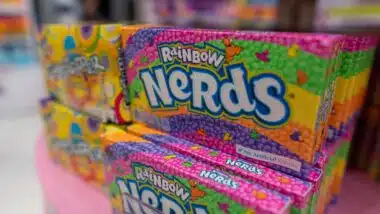
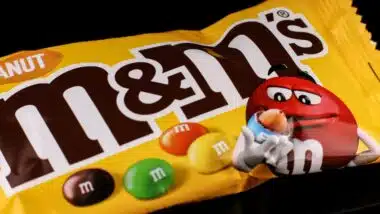
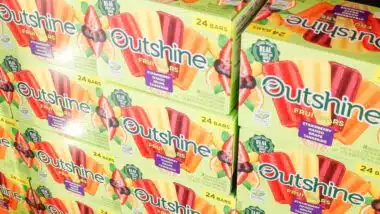
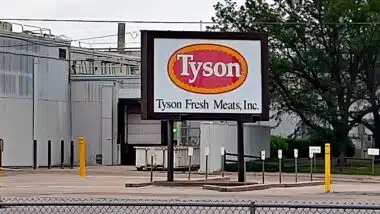
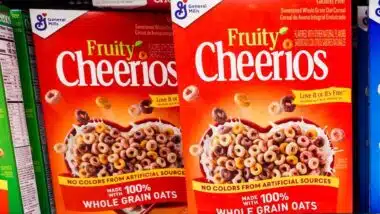
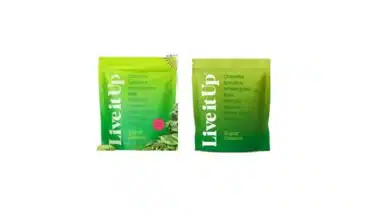
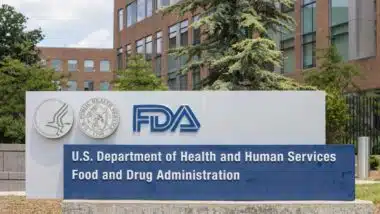
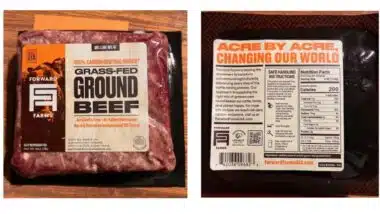


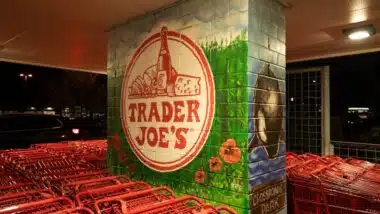
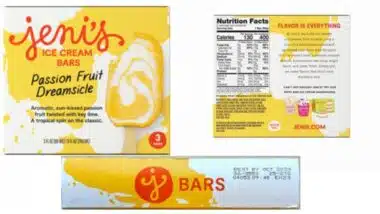
343 thoughts onKellogg’s Sugary Cereal Class Action Settlement Denied Approval
Add me to the case
Add me to the case please. I have been buying Kellogg cereal since 1986.
Please add me to the case
Please add me.
Add me to the list.